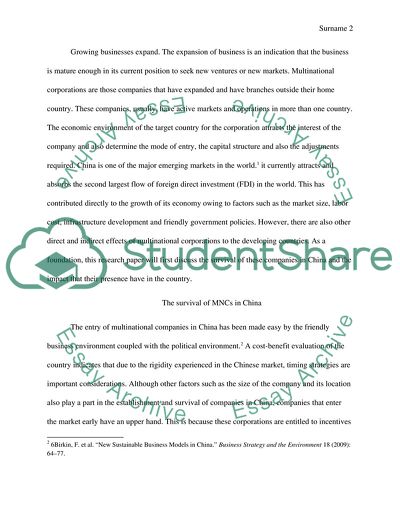Cite this document
(Effects of Multinational Corporations on developing countries Research Paper - 1, n.d.)
Effects of Multinational Corporations on developing countries Research Paper - 1. https://studentshare.org/macro-microeconomics/1841554-effects-of-multinational-corporations-on-developing-countries
Effects of Multinational Corporations on developing countries Research Paper - 1. https://studentshare.org/macro-microeconomics/1841554-effects-of-multinational-corporations-on-developing-countries
(Effects of Multinational Corporations on Developing Countries Research Paper - 1)
Effects of Multinational Corporations on Developing Countries Research Paper - 1. https://studentshare.org/macro-microeconomics/1841554-effects-of-multinational-corporations-on-developing-countries.
Effects of Multinational Corporations on Developing Countries Research Paper - 1. https://studentshare.org/macro-microeconomics/1841554-effects-of-multinational-corporations-on-developing-countries.
“Effects of Multinational Corporations on Developing Countries Research Paper - 1”. https://studentshare.org/macro-microeconomics/1841554-effects-of-multinational-corporations-on-developing-countries.


